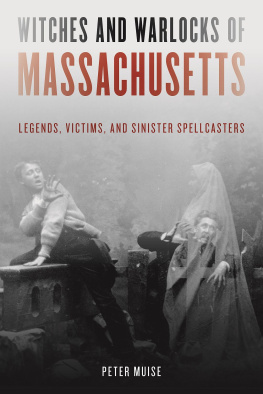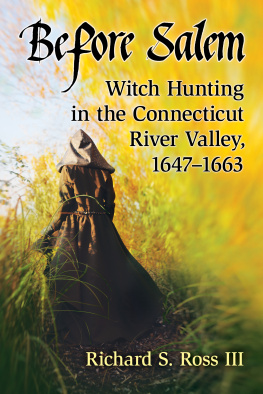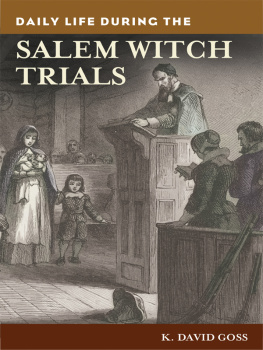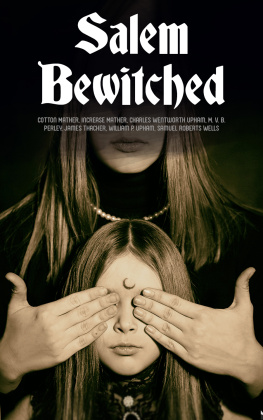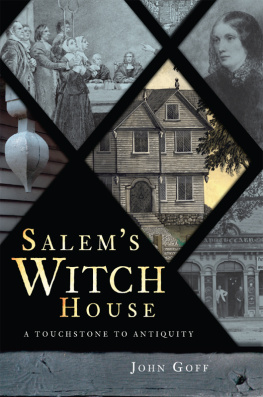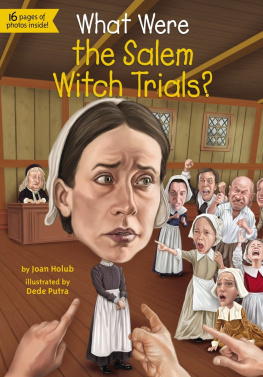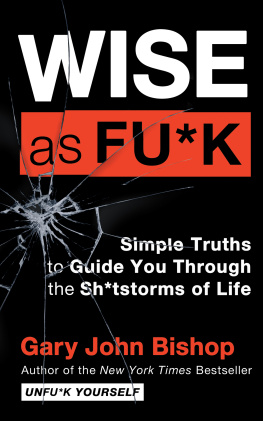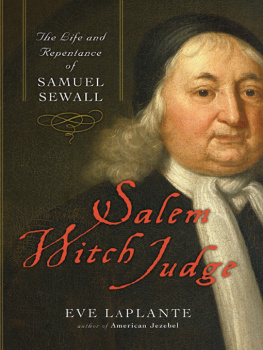Barakaldo Books 2020, all rights reserved. No part of this publication may be reproduced, stored in a retrieval system or transmitted by any means, electrical, mechanical or otherwise without the written permission of the copyright holder.
Publishers Note
Although in most cases we have retained the Authors original spelling and grammar to authentically reproduce the work of the Author and the original intent of such material, some additional notes and clarifications have been added for the modern readers benefit.
We have also made every effort to include all maps and illustrations of the original edition the limitations of formatting do not allow of including larger maps, we will upload as many of these maps as possible.
JOHN WISE
EARLY AMERICAN DEMOCRAT
BY
GEORGE ALLAN COOK
Preface
I BECAME INTERESTED in John Wise several years ago when Professor Ralph L. Rusk, of Columbia University, suggested that a good edition of The Churches Quarrel Espoused or of A Vindication of the Government of New England Churches would be a contribution to scholarship. As I worked, I came to believe that both Wises life and his books deserved serious study.
In writing the biography of John Wise I have found many libraries and their staffs helpful. I cite especially the Columbia University librariesscarcely one of which has failed to contribute to this studythe library of Union Theological Seminary, the library of the New York Historical Society, and the New York Public Library, especially its Reserve, Local History, and Manuscript divisions. In tours of research I have consulted the Boston Athenum Library, the James Blackstone Library, of Branford, Connecticut, the Boston Public Library, the John Carter Brown Library, of Brown University, the Burnham Public Library, of Essex, Massachusetts, the Houghton Library, of Harvard University, the Ipswich (Mass.) Public Library, the library of the Massachusetts Historical Society, the library of the Pennsylvania Historical Society, and the library of the Suffolk (Mass.) County Courthouse. I am grateful to Mr. Lawrence C. Wroth, librarian of the John Carter Brown Library, and to Mr. Stephen T. Riley, librarian of the Massachusetts Historical Society, for fruitful suggestions.
Church, school, town, county, and state records provided me with much material. The First Congregational Church, of Essex, and the North Congregational Church, of Ipswich, Massachusetts, allowed me to examine their church records, and the Roxbury (Mass.) Historical Society gave me access to the records of the First Church of Roxbury. Roxbury Latin School kindly permitted me to study a number of manuscripts. The town records of Branford, Connecticut, and Ipswich, Massachusetts, and the court records of Essex County and Middlesex County, Massachusetts, made available numerous pertinent documents for my study. In the Archives Division of the Massachusetts Statehouse, where I spent many hours studying manuscripts, I found the personnel unfailingly courteous and helpful. Mr. John L. Dolan, town clerk of Ipswich, and Dr. W. E. Lowther, minister of the First Congregational Church of Essex, I thank for their kindness and encouragement. Also, I thank Mr. and Mrs. Charles H. Pauli, of Essex, for allowing me to visit the John Wise house, which is their home.
Professors Richard B. Morris and James L. Clifford, of Columbia University, have read the typescript of this biography, and I am grateful for their interest and criticism. My friend Dr. Hal Bridges, of the University of Arkansas, has given me advice and guidance, and I am grateful to him.
I owe a very great debt of gratitude to Professor Rusk, under whose direction this study was carried out. He has shown an unflagging interest in its progress and has given freely of his time to its improvement.
G.A.C.
Wagner College
September, 1952
Introduction
DURING THE LAST HALF of the seventeenth century and the first quarter of the eighteenth an extraordinary country preacher by the name of John Wise lived in New England. He was chaplain in two military expeditions; leader of his town in protest against an arbitrarily imposed tax; spokesman for one of the earliest versions of the challenge No taxation without representation; {1} petitioner for two of the most vigorously prosecuted victims in the Salem witchcraft trials; defender of democracy in the government of church and state; writer of satire and persuasive argument; first notable American advocate of the natural rights school of philosophy; and sponsor of paper money, singing by note, and smallpox inoculation. There are legends that he downed a neighborhood wrestling champion and prayed his parishioners free from pirates hands; but whatever his physical and spiritual prowess may have been, he was indisputably a man of great force of mind and character.
John Wise was, for the times, a democrat both in action and in thought. Not only did he champion the right of the colonists to impose their own taxes but he also wrote two forceful and witty books in support of congregational autonomy in the New England churches . The Churches Quarrel Espoused treated in satire proposals that Wise saw as threats to the freedom of the individual church, and A Vindication of the Government of New England Churches rehearsed the democratic basis of church polity. Wise did not see democracy in the image of the English government. Though he looked upon that government with an approving eye, even calling it an Elisium , still he saw it as a mixed government, combining two or more systems. Democracy was to Wise best for both church and state.
Wise wrote with perspicacity and ease. Although at times he tortured his arguments into division after division, after the manner of contemporary sermons, still he smoothed the readers way with humor, wit, and eloquence. His discernment was remarkable for his day. He viewed man as endowed by nature with many Enobling Immunitiesgifts of liberty and trustthat rendered him the most August Animal in the World. Wise was here following after Baron Pufendorf, to be sure, but an unqualified enthusiasm often led him to a more exalted expression of idea than his masters.
No full-length study of Wise has hitherto been made. He has been only more or less briefly viewed in periodicals; {2} in histories of thought, literature, and the churches; {3} and in biographical reference works. {4} He deserves a greater name and a fuller record.
CHAPTER IAncestry and Early Life
JOHN WISE, though he was destined to live a full and vigorous life, came into the world quietly and obscurely. He was born into the second generation of Massachusetts Bay Puritans. His mother, Mary Thompson Wise, was recorded a member of the Roxbury church before 1647. {5} Though no similar information concerning his father has been found, still the earliest record mentioning Joseph Wise speaks for his integrity, for it states his rewards as an indentured servant to Deacon George Alcock, physician of Roxbury.
It has been suggested that Deacon Alcock brought Joseph Wise to America in 1636. {6} After Alcock came to America in the fleet that brought Governor Winthrop in 1630, he made two voyages to England. One of them he made in order to fetch his young son and Joseph Wise; the other, in order to bring back his second wife, his first having not survived the winter of her arrival. {7}


